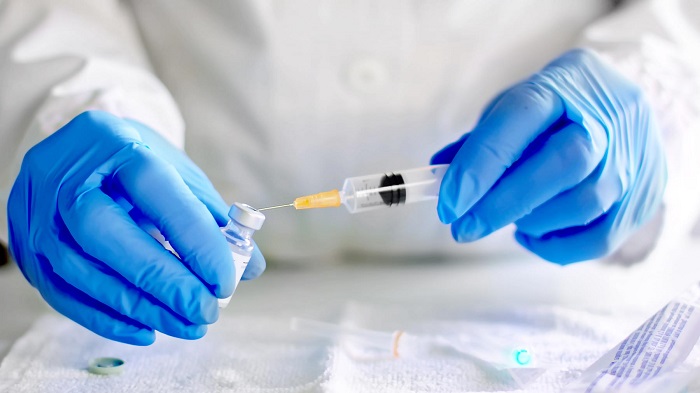Coronavirus Treatment: Where Are We Right Now?

Patients with coronavirus disease now have more ways to treat the disease. Many drugs have been approved for COVID-19, and the government has given permission for others to be used in an emergency. A lot of other treatments are also being tested in clinical trials to see if they are safe and effective against COVID-19.
Here is a closer look at some of the COVID-19 treatments that are out there. If you have COVID-19, talk to your doctor about the different ways you can be treated. Based on your symptoms, risks, and health history, your provider will know which option is best for you.
What treatments are available for COVID-19?
The U.S. Food and Drug Administration (FDA) has given the antiviral drug Veklury (remdesivir) the green light for adults and some children with COVID-19. This treatment is given through a vein (IV). The FDA has also approved Olumiant (baricitinib), an immune modulator, for COVID-19 patients who are hospitalized.
In times of public health emergencies, the FDA may let people use unapproved drugs or use approved drugs in ways that haven’t been approved. This is known as an Emergency Use Authorization (EUA) DisclaimerExternal Link. On the FDA’s EUA page, you can find a list of therapeutic products that are allowed because of a EUA. These products are not the same as getting a COVID-19 shot.
For example, the FDA has given EUAs for several monoclonal antibody treatments for COVID-19 to treat and, in some cases, prevent (prophylaxis) COVID-19 in adults and children.
Monoclonal antibodies are molecules that are made in a lab and act like antibodies. They can help your immune system recognize the virus and respond to it better, which makes it tougher for the viruses to spread & hurt you.
There are also two antiviral pills that can be taken by mouth: Paxlovid and Lagevrio (molnupiravir). These drugs are good for patients who have mild-to-moderate COVID-19, & there is strong scientific evidence that they can lower the chance that the disease will get worse and cause hospitalization or death. If you have symptoms and a positive COVID-19 test, talk to your doctor to find out if these treatments are right for you.
The FDA is always keeping an eye on how new versions of COVID-19 affect authorized and approved treatments. If data show that the approved dose of treatment is unlikely to work against a current variant, the FDA may say that the treatment is no longer approved for use at this time. When this happens, the U.S. government says that the product should be kept in case the treatment works on a different type of virus in the future.
The FDA continues to work with developers, researchers, manufacturers, the National Institutes of Health, and other partners to help gear up the development and release of drugs and biological products that can prevent or treat COVID-19.
Recent options
This week, China gave conditional approval to the Azvudine pill made by a Chinese company, Genuine Biotech, to treat COVID-19 in adults. This gives people with COVID-19 another oral treatment option.
To treat people with “normal type” COVID, China has given the tablet Azvudine a conditional green light after its approval in July of last year to treat certain HIV-1 infections.
“Normal type” COVID is a term used in China to talk about coronavirus infections that show signs of pneumonia but haven’t gotten too bad yet.
In February, China made it possible for adults with mild to moderate COVID and a high chance of getting worse to take the oral drug Paxlovid from Pfizer. In 2020, it gave permission for Lianhuaqingwen capsules, which are based on traditional Chinese medicine, to be used to treat COVID symptoms like fever and cough.